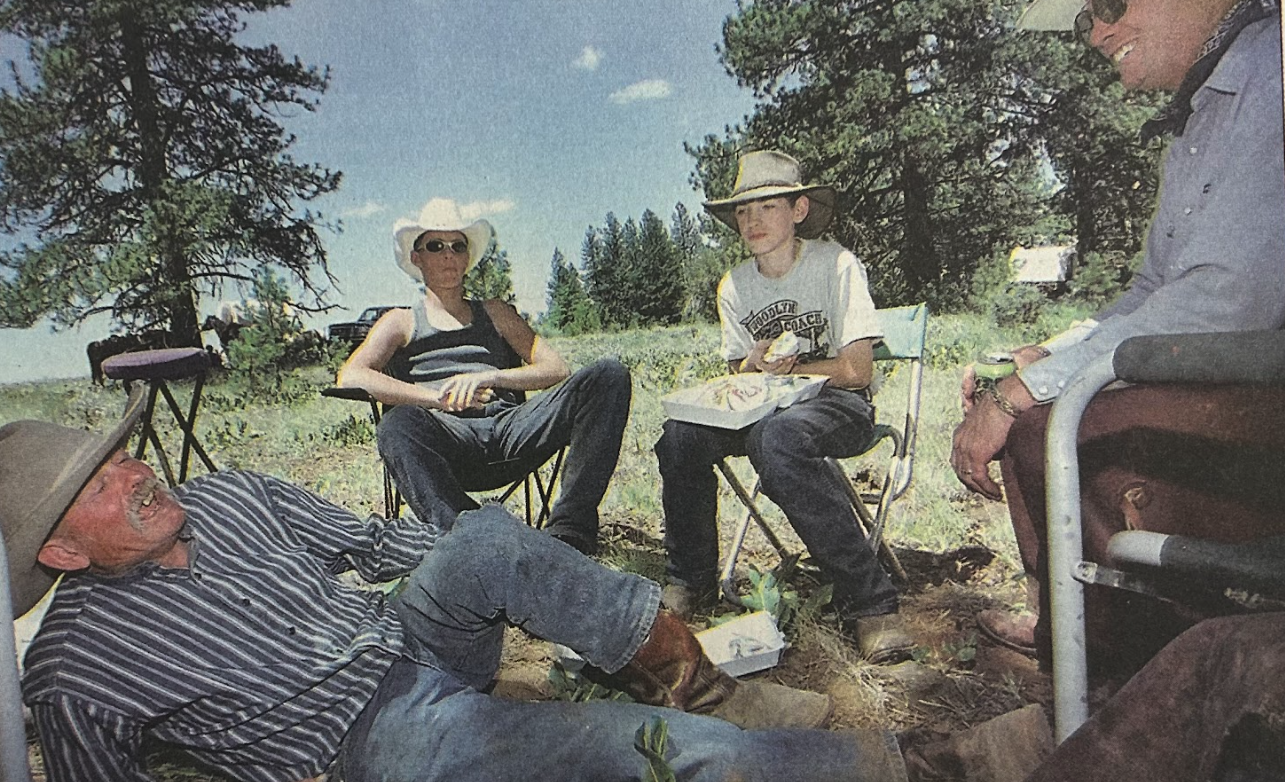Our view: New river protections may have unintended consequences
Published 5:00 am Tuesday, February 23, 2021
Oregon lawmakers at the state and national level do far more work regarding unintended consequences when they craft new legislation.
That isn’t an easy task, especially when a politician is trying to get reelected, salve the often-sharp political edges of his constituents, or is besieged by special interest groups.
Yet, it is a real issue that typically goes unnoticed until a piece of legislation becomes law. Then, the unintended consequences are obvious and a whole new set of problems exist.
A good case in point is a recent proposal by Democratic Sens. Ron Wyden and Jeff Merkley to add more than 4,000 miles of Oregon rivers and streams to the National Wild and Scenic Rivers system.
The bill is set to greatly expand the amount of terrain protected from a quarter-mile strip on each side of a specific river to one-half mile.
At first glance there is something in the bill for everyone. The fears of environmentalists are assuaged, hikers and other outdoor enthusiasts will see their favorite pristine piece of land near a river safeguarded, and it’s a giant step forward in terms of conservation.
A lingering question, though, should be, “What would be the unintended consequences to this legislation?” If you are an environmentalist, the answer would be none. However, if you are not firmly rooted in the conservation camp, what does such a bill really mean?
Wyden said in a press release regarding the bill that Oregonians made it “loud and clear: They cherish Oregon’s rivers and want them protected for generations to come.”
Wyden is probably correct. Generally, most people want to see our rivers and mountains protected from damage, not only now but for future generations.
Still, what Oregonians made it “loud and clear?” Umatilla County? Morrow County? Folks in Union County? If so, how many?
Let’s be clear. We are not in opposition to the bill. What we do hope is the lawmakers who have carefully — we hope — crafted the legislation have thought the idea all the way to the end.
Making wide-sweeping proclamations to appease conservation groups is all well and good, but the impact of the legislation to the folks on the ground should be a key question with a readily available answer.
Too often lawmakers develop a grand idea that sounds great. On paper it makes everyone happy. Then it becomes law and someone, somewhere, loses. We think Wyden’s and Merkley’s legislation is too important to fall into the category of unintended consequences.






